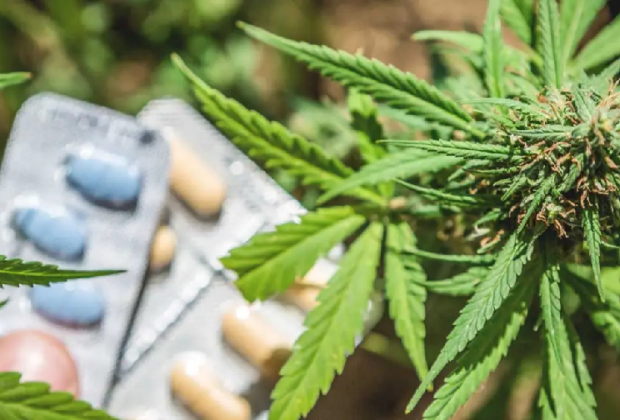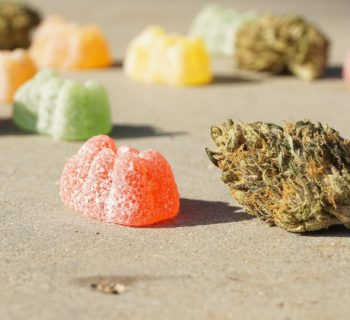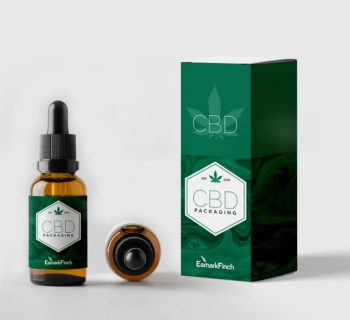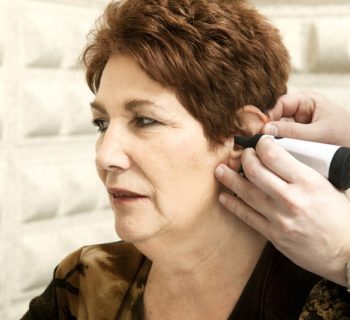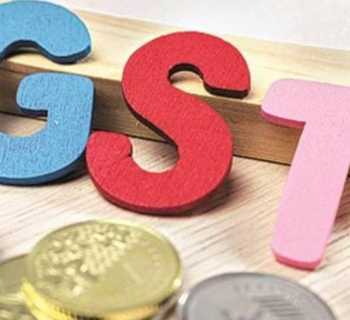Marijuana: What Is It?
Marijuana is a drug derived from the cannabis plant's leaves and flowers. It contains both non-psychoactive active chemicals like cannabidiol and psychoactive molecules like tetrahydrocannabinol, or "THC." The potency of marijuana increases as the THC concentration rises. Marijuana comes in a variety of forms,
- Smoked marijuana.
- Ingested edible food or candy.
- Evaporated waxy or oily concentrations
Marijuana is the most commonly used psychotropic substance in the United States, according to the National Institute on Drug Abuse.
Is Marijuana Addictive?
Marijuana has long been argued to be non-addictive and so non-lethal. However, there is no scientific evidence to support this notion. According to the National Institute on Drug Abuse, up to 30% of marijuana users will develop an addiction or develop marijuana use disorder.
Marijuana consumption can also lead to other substance abuse. Some people who use marijuana will progress to a more harmful narcotic. Marijuana is less hazardous than other narcotics, yet it may still ruin your life. Marijuana abuse has been linked to a decline in physical and mental health, as well as a reduction in overall life satisfaction.
Marijuana Addiction Symptoms
Marijuana has a lesser risk of addiction than other substances. Despite this, a large number of people grow addicted to it. Look out for the following addiction signs:
- Spending a lot of time or money obtaining marijuana
- Regular marijuana abuse to the extent it interferes with important responsibilities
- Unsuccessful attempts to stop using marijuana
- Continuing to use marijuana despite problems at work, school, or home
- Frequently talking about marijuana
You might not be clear if your loved one's marijuana use could considered an addiction. If you have concerns, attempt to speak with the person about their drug usage and encourage them to seek professional help.
Marijuana Addiction in Teens: The Risks
How marijuana affects teenagers has been studied. Despite varied results, many experts agree that marijuana has the potential to harm children's growing brains. Over a 25-year span, over 4,000 young adults were followed in a major cohort study. Although lifetime marijuana use was linked to decreased verbal memory test scores, it had no effect on other cognitive capacities such as processing speed or executive function, according to the study. Long-term consequences are also possible. According to several research, consistent marijuana use among teenagers is linked to "altered connectivity and reduced volume of specific brain regions."
Other researchhave discovered that differences in brain structure between marijuana users and non-users can be ascribed to "predispositional factors," such as heredity.
More research on the direct effects of marijuana on the brain is needed, taking into account a variety of factors such as frequency of use, heredity, environment, and other factors. According to studies, chronic marijuana usage as a teenager is linked to an average IQ loss of eight points, which is not reversible once the drug is stopped.
Seek The Best Marijuana Addiction Treatment at Mallard Lake Detox Center
While the majority of people do not develop a marijuana addiction, it is a possibility. Because of the potential effects of marijuana on developing brains, it's especially crucial to recognize the signs of marijuana addiction in teenagers. For those struggling with addiction, there are support and treatment alternatives accessible. Mallard Lake Detox Center can help you or a loved one who is suffering from cannabis use disorder.


